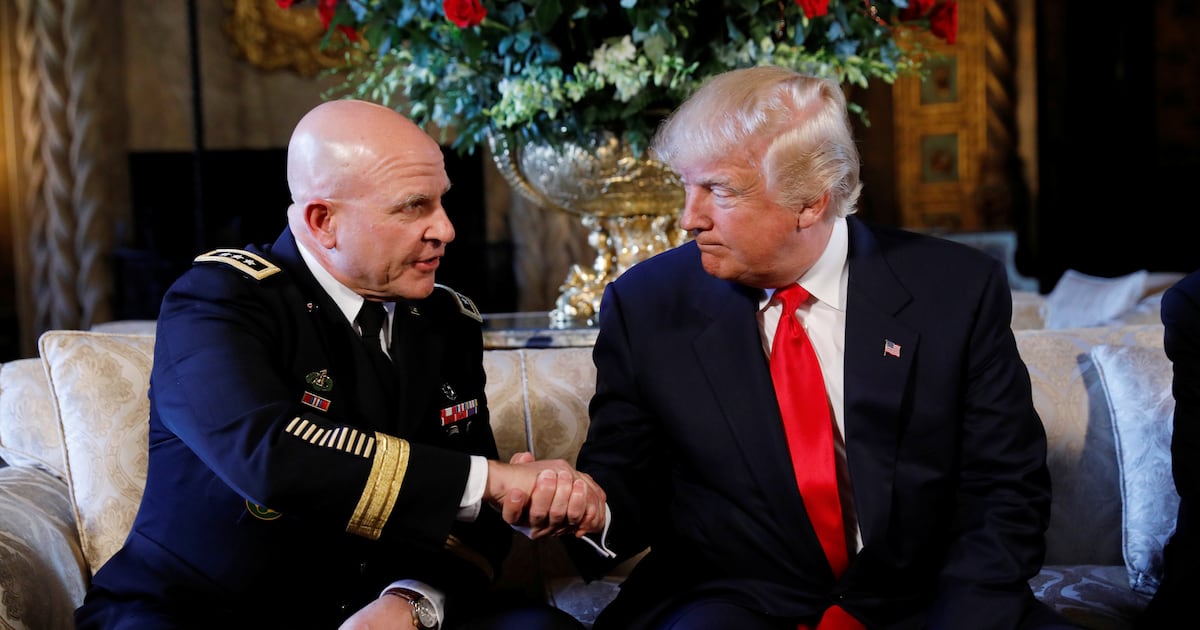Capturing al Qaeda’s leader could have yielded useful intelligence—but would have led to a political and legal circus, and embarrassed the U.S. The political reality is that the president had no choice, writes Paul F. Campos. Plus, full coverage of bin Laden.
As the national euphoria over the killing of Osama bin Laden begins to fade, and more circumstances regarding his death come to light, it’s time to ask a sobering question: Why was no effort, apparently, made to capture bin Laden, or Abu Ahmed al-Kuwaiti, his favorite courier and purported “right-hand man?”
Gallery: Inside Osama bin Laden's Hideout
Contrary to initial reports of a sustained “firefight” between al Qaeda guards and the Navy SEAL team that stormed bin Laden’s hideout, it now appears that only four men were inside the compound, and that, according to NBC News, three of them were unarmed and never fired a shot.
• The Daily Beast's Complete Osama bin Laden CoverageOf course, the SEAL team could not have been completely certain of what the precise situation inside the compound was prior to the raid, but the site had been under intensive surveillance by U.S. intelligence for months, and the mission’s architects must have known that no extensive security was present, and therefore an attempt to capture bin Laden and al-Kuwaiti alive had a real chance of success.
Hindsight is indeed 20/20, but we now know that a mission plan that made capturing one or both of the men the first priority, while treating lethal violence as a backup option, would almost certainly have resulted in bin Laden sitting today in an American-controlled prison, at Guantanamo Bay or elsewhere.
Whether the team was working under explicit or—more plausibly—implicit orders to make sure bin Laden didn’t leave the compound alive remains unclear. The official White House line is that the team had orders to accept a “surrender” by bin Laden if they could do so without endangering themselves, but this appears to be a fairly transparent bit of legal hand-waving. (Orders to kill bin Laden even if he surrendered would violate both American and international codes of lawful military conduct.) What can be said with confidence is that SEAL Team 6 seems to have carried out its orders flawlessly—and that at the very least those orders put no premium on capturing bin Laden rather than killing him.
Whether the SEALs were working under explicit or implicit orders to make sure bin Laden didn’t leave the compound alive remains unclear.
Leaving aside what the precise orders actually were, should the mission have been to capture bin Laden and al-Kuwaiti if reasonably possible? The answer is disquieting.
If this operation had really been about fighting terrorism, it’s obvious that bin Laden and al-Kuwaiti would have been much more valuable to the U.S. alive than dead. The subsequent interrogation of the two men could well have revealed a treasure trove of information regarding such issues as the relationship between al Qaeda and other terrorist groups, the Pakistani security services, elements of the Saudi government, various financial backers around the world, and so forth.
Capturing bin Laden would, it's safe to say, demoralize al Qaeda's remaining leadership far more than killing him has. Indeed, there's little doubt that the remnants of al Qaeda, as well as its political allies and financial supporters, much prefer a bin Laden deader than the proverbial doornail to one in American captivity. Captured alive, he would have been both a source of potentially damning information and a symbol of his organization's impotence. Death, by contrast, has transformed him into a conveniently silent martyr.
So did Barack Obama blunder by failing to order a less lethal operation? The political reality is that Obama almost had no choice but to order something that, as a practical matter, was going to end up looking like an extrajudicial execution.
For one thing, consider the political and legal circus that has surrounded the attempt to try Khalid Sheikh Mohammed, or to close down Guantanamo and move its inmates to a prison inside the United States. Right-wing hysteria about the “risk” that accused terrorists would apparently use their hidden superpowers to break out of facilities that hold our most dangerous criminals, and liberal timorousness in the face of that hysteria, would be exponentially worse in the now purely hypothetical case of the World’s Number One Terrorist v. the United States.
For another, bin Laden’s eventual trial could prove embarrassing to the government in a number of ways. Although his guilt for all manner of heinous crimes could never be put into any real doubt, bin Laden’s historical relationship with the U.S. government was inconveniently complex, going back to the days when he fought the Soviets in Afghanistan with the aid of American money and weapons. Furthermore, bin Laden would surely use a trial to highlight the moral awkwardness of condemning the intentional killing of a few thousand civilians as an unimaginable evil, while calmly accepting the (mostly) unintentional killing of tens and perhaps hundreds of thousands of ordinary Iraqis and Afghans as “acceptable collateral damage.”
As World War II drew to a close, the Allies struggled with the question of what to do with the leading Nazis at the war's end. Winston Churchill wanted to summarily execute them, while Stalin argued for Soviet-style show trials. President Roosevelt, however, ended up insisting on real trials, with all the political and moral costs such trials entail (It is worth remembering that at the Nuremberg trial of major war criminals, three of the 24 defendants were acquitted).
The Nazis were vastly more powerful and dangerous than al Qaeda, or any other terrorist group could ever be, and American military and economic power in 1945 was a fraction of what it is today. But we were a more confident, less hysterical nation then. The killing of bin Laden illustrates how the war on terror isn’t really about pursuing rational policies designed to lessen the already-small risk of terrorism, but rather about appeasing a nation in the grip of deeply irrational, but politically useful, fears.
Paul Campos is a professor of law at the University of Colorado at Boulder.





